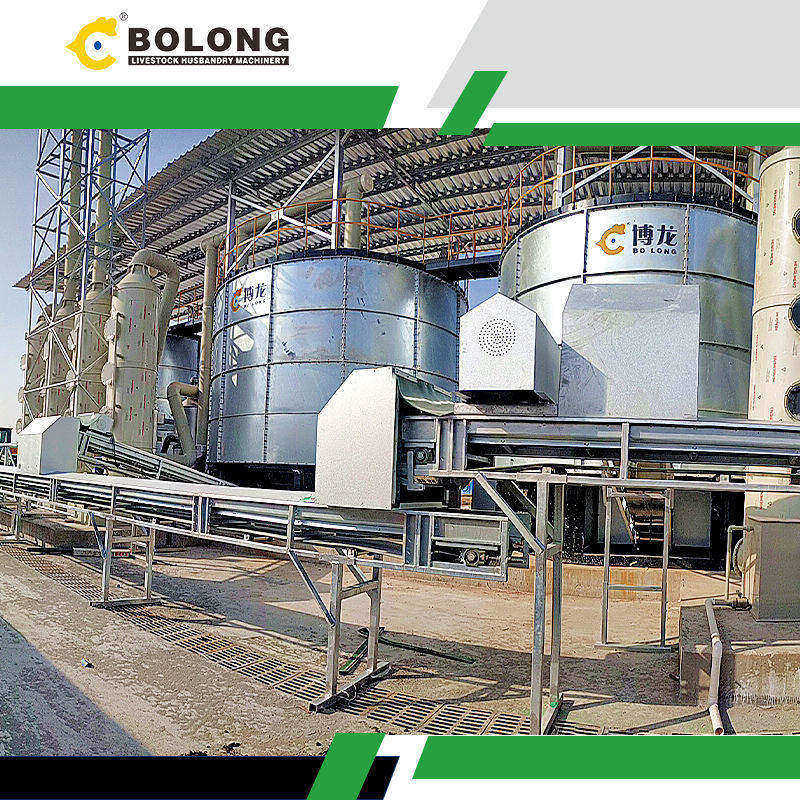
Jul 27, 2023 · Traditional cow manure composting equipment often lacks ventilation, heating, and real-time monitoring and adjustment capabilities, hindering manure maturation and proper utilization of compost, moisture reduction, and optimal environmental conditions for microbial activity.

Dec 4, 2022 · Why We Compost on a Large Scale. You can compost on a small or large scale. We use the vermicomposting method, but this small-scale composting does not consume all of the organic waste that our farm produces. For this reason, we also use large-scale composting to make use of all the resources our farm provides.
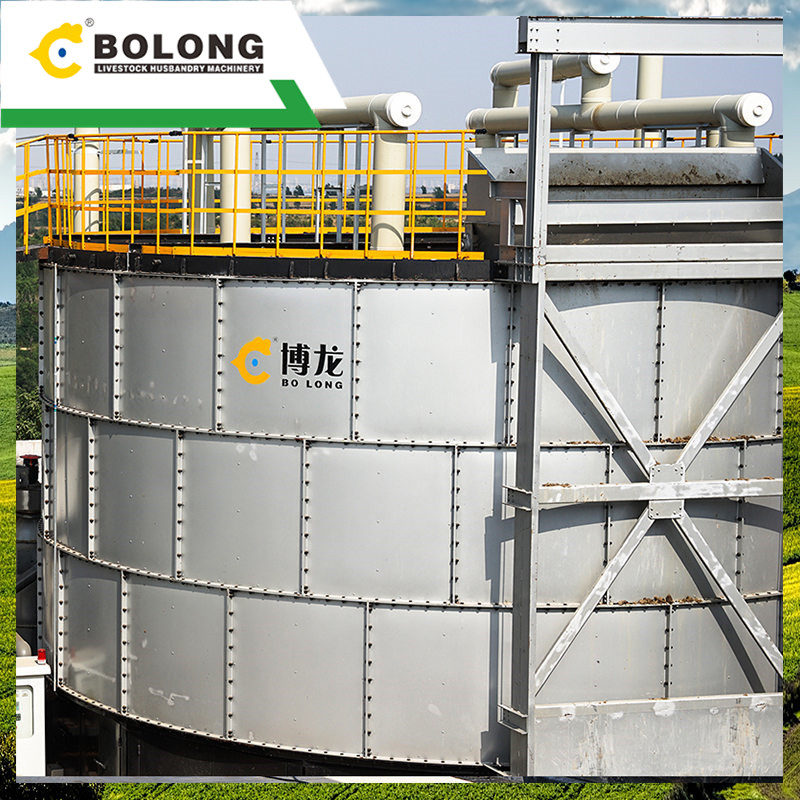
Jul 20, 2020 · Compost is an essential tool for improving large-scale agricultural systems. Compost contains three primary nutrients needed by garden crops: nitrogen, phosphorus, and potassium. The optimal ...
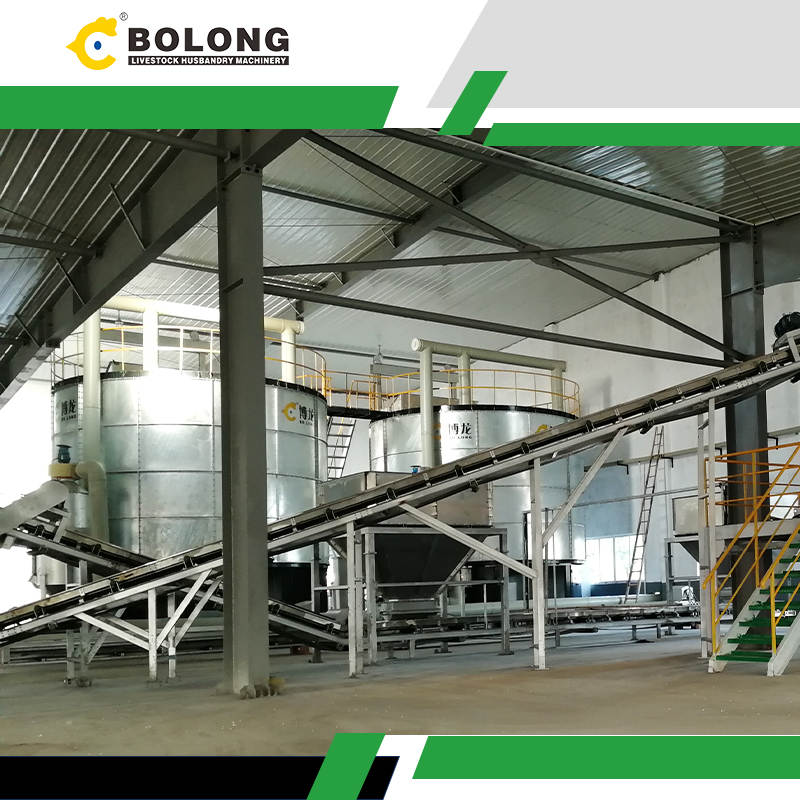
May 7, 2022 · In the context of climate change and the circular economy, biochar has recently found many applications in various sectors as a versatile and recycled material. Here, we review application of biochar-based for carbon sink, covering agronomy, animal farming, anaerobic digestion, composting, environmental remediation, construction, and energy storage. The ultimate storage reservoirs for biochar
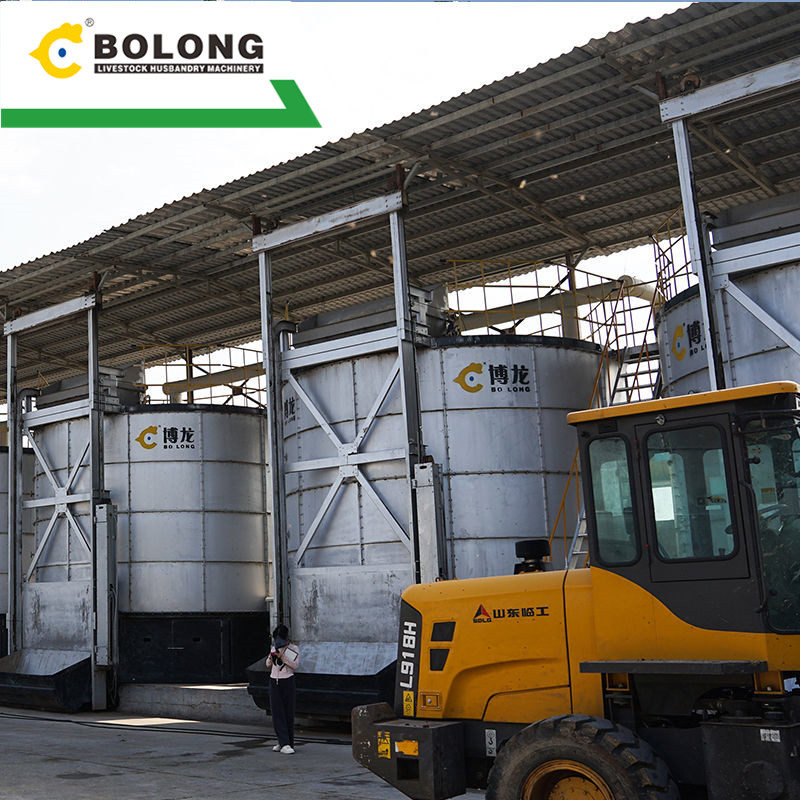
Mar 1, 2021 · Bacteria are extremely important to the aerobic composting system, and the bacterial community structure differs according to the substrates and bulking agents (Zhou et al., 2019). Whether the mineralization of organic matter and the biosynthesis of secondary metabolites are carried out by some special microbes have not been determined to date.

Mar 1, 2023 · Composting is profitable for various plant, animal, and synthetic wastes, from residential bins to. composting system. ... in Indore and a large-scale aerobic device in Mumbai were installed ...
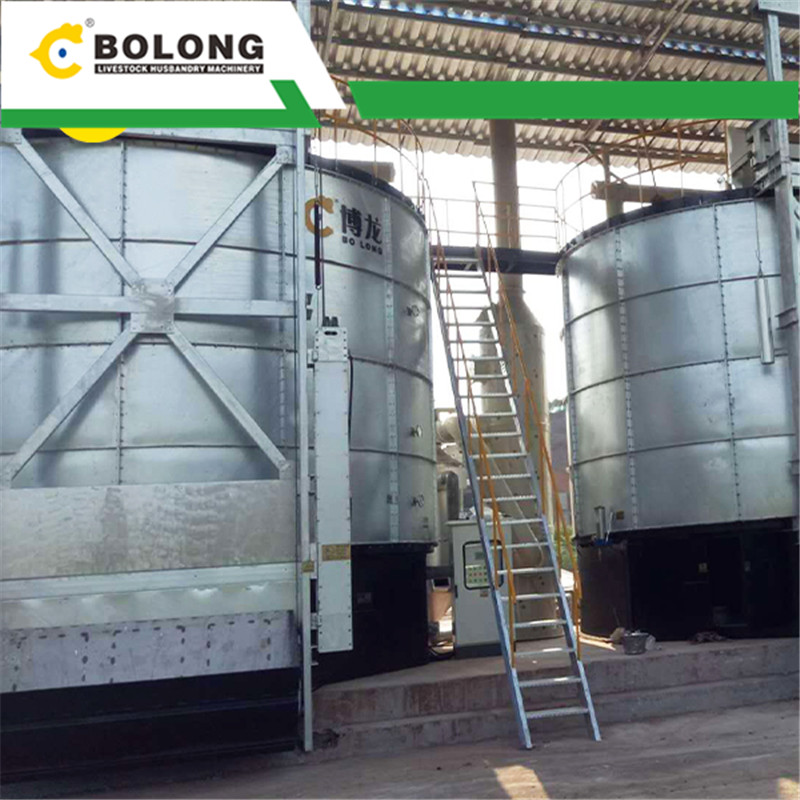
Jun 21, 2007 · Since bacterial digestion takes place in both aerobic and anaerobic conditions, it is important to further define the following systems as aerobic rotating drums. Most drum systems include blowers to maintain aerobic conditions and minimize excessive temperatures, with one technology injecting oxygen. Rotating drums are the most common in
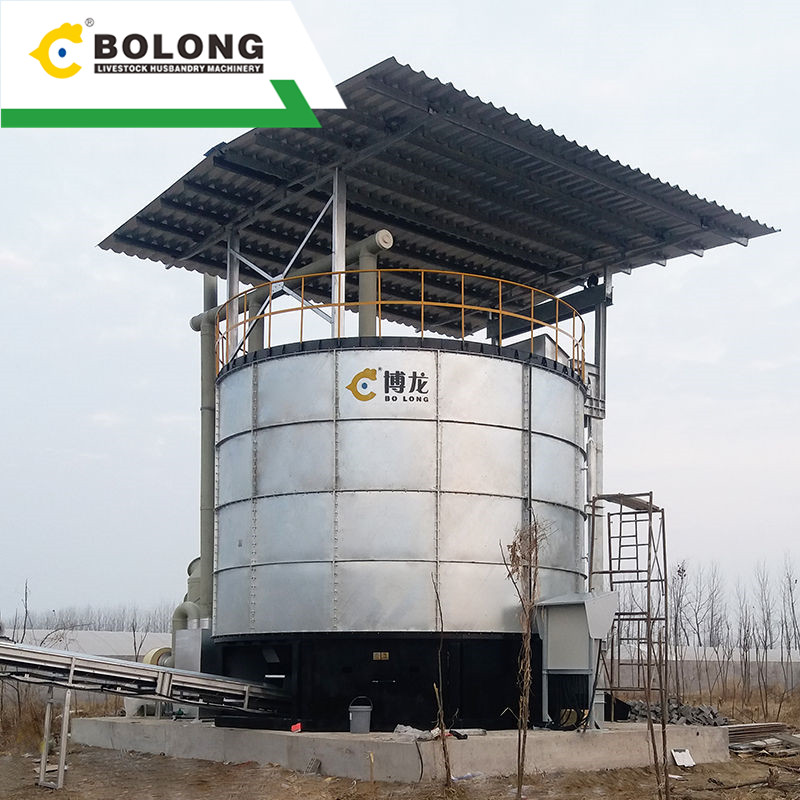
Jun 4, 2024 · Composting is the aerobic decomposition of manure or other organic material by microorganisms in a managed system. Composting requires air, moisture, and high-nitrogen and high-carbon organic material. Typically, manure and bedding or wood chips are the high-nitrogen and high-carbon materials, respectively.

Oct 7, 2022 · Microorganisms that invade compost are usually aerobic bacteria that require oxygen to produce, multiply, and decompose organic materials. The utilization of oxygen in a compost system relies on particle size, temperature, porosity, the stage of the composting process, and moisture content.

Jan 6, 2024 · The advantages of aerobic composting include quicker decomposition, less smell, and the production of useful heat. Disadvantages can be the need for more maintenance, such as turning the pile regularly and managing moisture levels to maintain the right conditions. Does aerobic composting produce carbon dioxide and how is it managed? Yes

Jan 5, 2021 · This study evaluated the microbial safety and antibiotic resistance risks of a sustainable ecological farm under large-scale open-air composting (OC) and green composting toilet systems (CT). Samples of livestock manure, compost, soil, vegetables, and rainwater were analysed to determine the best tr

Composting requires routine introduction of oxygen, which stimulates aerobic microorganisms that feed on the organic components and convert the piled organic material to a fairly stable nutrient-rich soil amendment (Larney and Blackshaw, 2003).

Feb 10, 2021 · There are 3 main types of composting: Aerobic – Aerobic composting uses air to facilitate composting. ASP is an aerobic composting technique. Tumbler composters are another way to achieve this. Anaerobic – Anaerobic composting does not require the addition of oxygen, nor does it requre turning. It can take a year or more, it stinks, and it
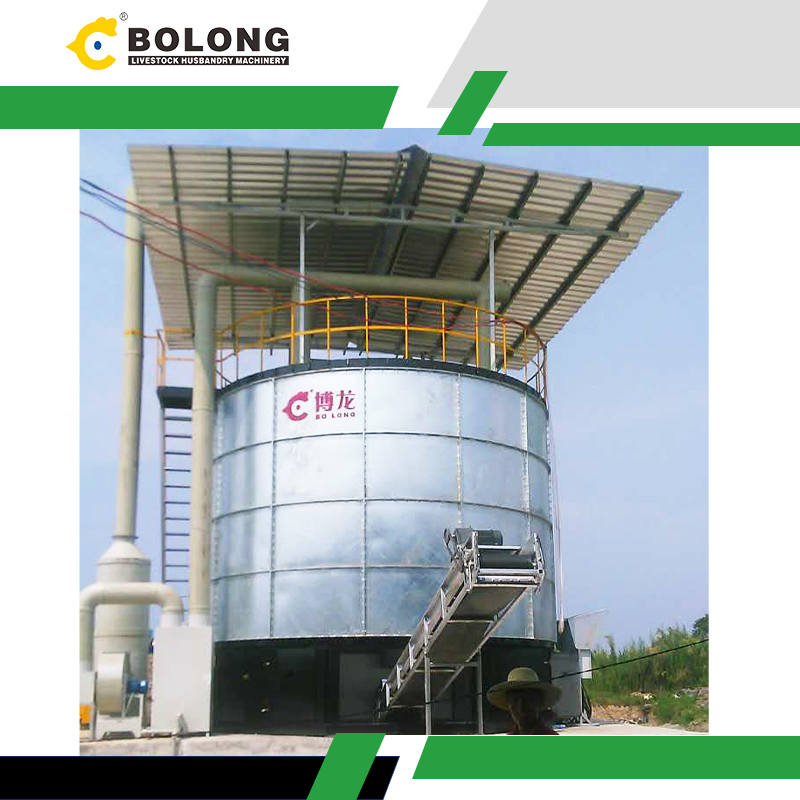
This is suitable for small-scale composting systems. Mechanized turning: For large-scale composting systems, specialized equipment like windrow turners or tractor-pulled implements can be used to turn the compost material more efficiently than traditional .
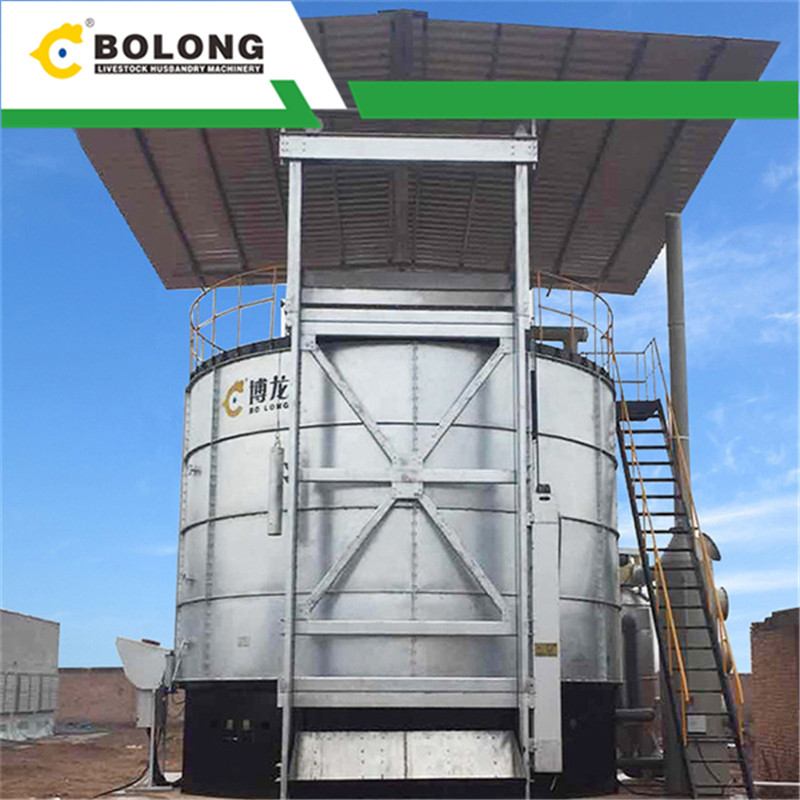
Mar 1, 2023 · Composting is the most adaptable and fruitful method for managing biodegradable solid wastes; it is a crucial agricultural practice that contributes to recycling farm and agricultural wastes. Composting is profitable for various plant, animal, and synthetic wastes, from residential bins to large corporations. Composting and agricultural waste management (AWM) practices flourish in developing